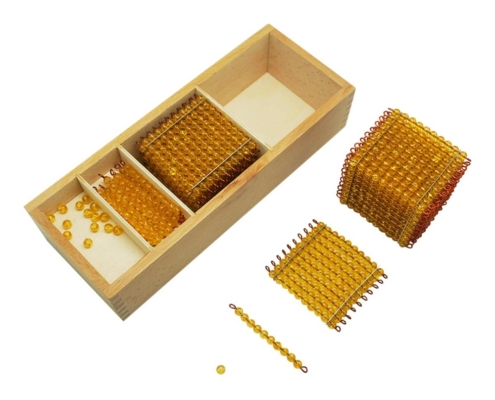
Mathematics: The Decimal System
Children in Montessori classrooms are introduced to the decimal system and place value using the Golden Bead Material that represents the values of ten in a concrete manner. The Golden Bead Material is composed of beads that are uniform in size…

Sensorial: Colour Mixing
The initial colour mixing lesson can be presented to one child or a group, after which the materials can be made available for children to use on their own. If you’d like to try it at home, here’s what you’ll need:
tray
eye droppers
…
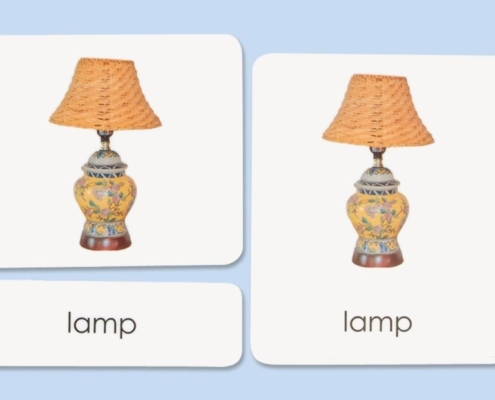
Language: Words Around the House (Electrical Appliances)
The Words Around the House lesson is a great way to bring Montessori learning into your home – it’s fun, dynamic and ideal for smaller children.
The lesson could involve any objects or furniture that you might typically find at home…

Maths: Beginners Subtraction
A Beginning Subtraction lesson should be presented to a child who understands the concept of numbers (from at least 1-10) and understands the concept of addition. The materials you will need are:
Number jars: you can use spice or jam…

Sensorial: Introducing Art
We want children to create—to use their imaginations and to love texture, colour, shapes, and to experiment with the materials at their disposal. Our hope is that they will love art and be inspired to draw and paint, stick and cut, sculpt…
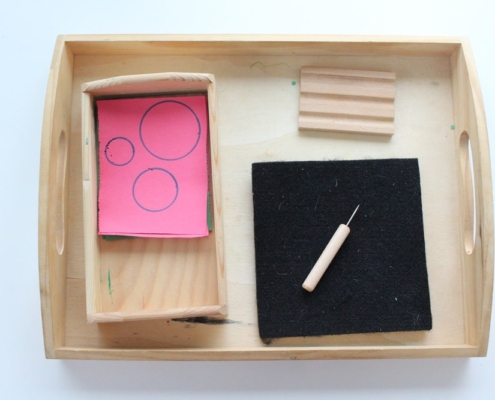
Practical Life: Pin Poking
Pin poking is yet another really simple Montessori activity that children love. It teaches hand control, fine motor strength, pencil grip, attention to detail and concentration, and is something that can easily be done at home. Here’s…

Mathematics: 9 Layout
The aim of the 9 Layout lesson is to help children understand number placement (1s, 10s, 100s, 1000s) as well as reiterate the association between quantity and numeral. It’s one of the lengthier mathematics activities and is good for encouraging…

Language: Metal Insets Extension
Metal Insets are part of the language area in a Montessori classroom and their purpose is to prepare children for writing. The apparatus is a complete set of metal shapes (heavy and sturdy for ease of use) that children will use for tracing…
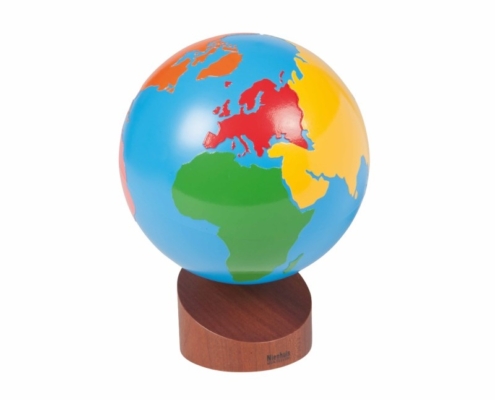
Cultural: Continent Globe
Young children don’t naturally have an understanding of the great wide world outside of their own context – they live within the confines of home, family, school (and wherever else they spend the majority of their time). The Continent Globe…
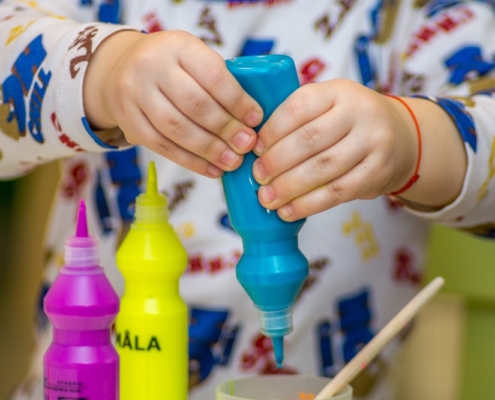
Sensorial: Haida Sticks
In Native American culture, Haida sticks are thin playing sticks that were often decorated with traditional markings or engravings. Haida art has been linked specifically to indigenous people living along the north west coast of Alaska; the…
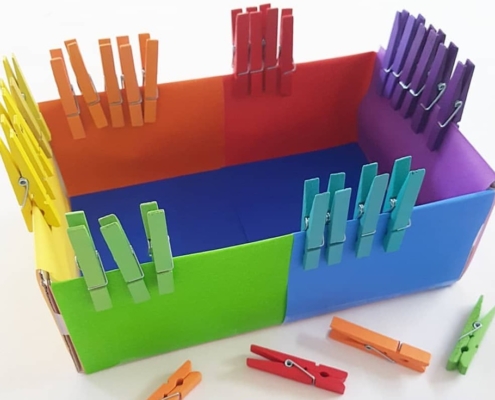
Practical life: Pegging
Whilst pegging might sound like a basic skill it has many important developmental benefits. This simple activity requires patience, concentration, dexterity and good eye-hand coordination, plus it strengthens fingers and develops the all-important…
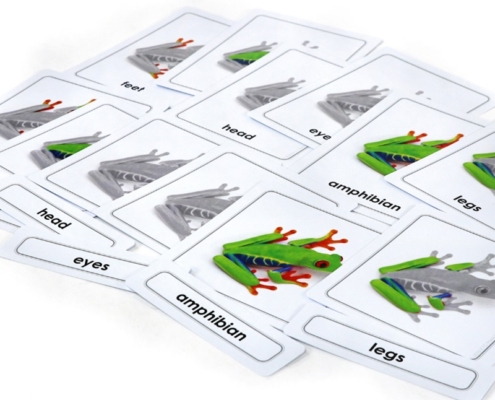
Cultural: Parts of a frog
A primary focus of Montessori learning is to inspire children’s natural curiosity and our cultural lesson on parts of a frog does just that. Frogs are strange little creatures and it is great fun to think a bit more about their lifecycle and…





